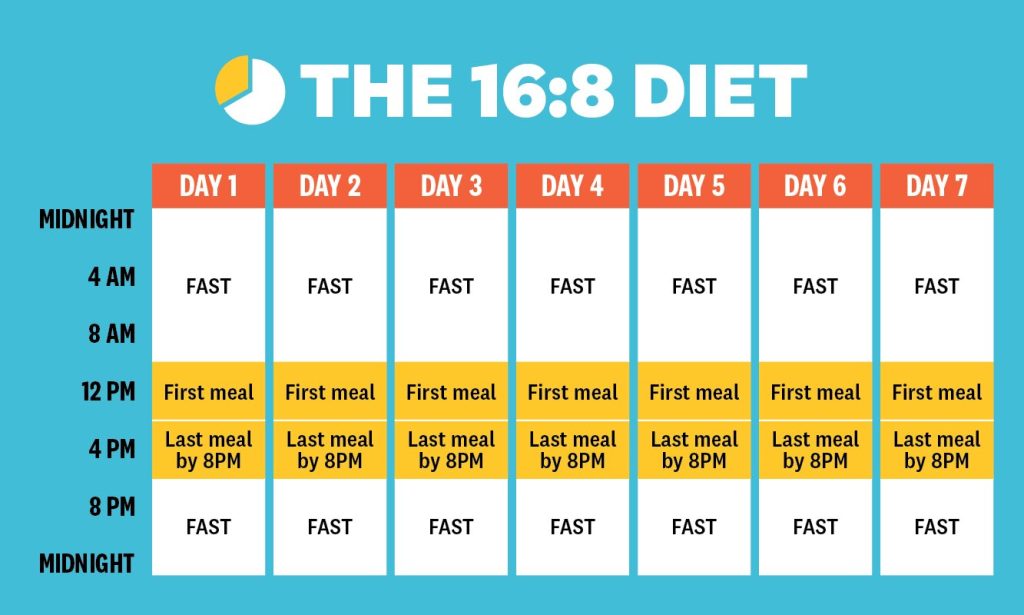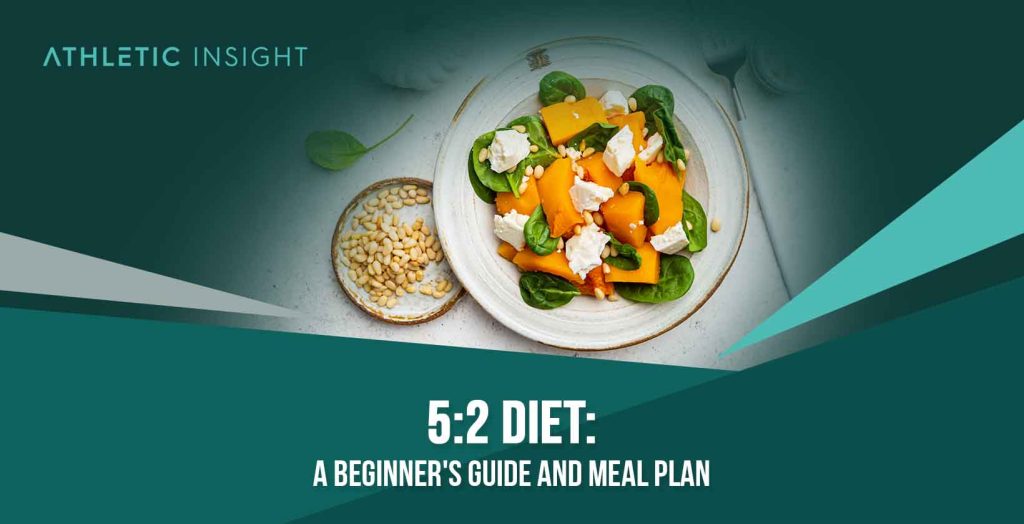Intermittent fasting is a way of eating pattern that involves fasting and eating in alternate pattern. During the intermittent fasting, it focuses when to eat rather than what to eat. Lots of methods of intermittent fasting can be found but the proven and best type of intermittent fasting include following types.
You can follow these best 4 best intermittent fasting for weight loss so that you can loose your weight easily and get yourself healthy
16/8 method :
The most common and best intermittent fasting for weight loss is the 16/8 method, also known as the Leangains protocol.

The 16/8 method involves fasting for 16 hours each day and restricting your eating window to 8 hours. Typically, in this method you have to skip breakfast and start your first meal at noon then keep on fasting for 8 hours then at get your last meal at 8 pm.
It involves fasting for 16 hours and restricting your daily eating window to 8 hours. During the fasting period, only water, coffee, or tea without sugar or cream are allowed
5:2 diet:
Eat your normal diet for five days of the week and have to restrict your calorie intake to 500-600 calories for the remaining two days.

These two fasting days should be alternate i.e , should not be consecutive.
Eat-Stop-Eat:
Eat stop eat method involves fasting and eating in alternate time. here you need to eat and fast for 24 hours once or twice a week. For example, you may have dinner at 7 pm and then fast until 7 pm the next day.
Alternate-day fasting:
As the name suggests, you fast every other day, consuming little to no calories on fasting days and eating normally on non-fasting days.
why Intermittent fasting?
Intermittent fasting has gained popularity for various reasons. Some potential benefits include weight loss, improved insulin sensitivity, increased metabolic rate, enhanced brain function, and reduced inflammation.
However, it’s important to note that individual results may vary, and it’s always recommended to consult with a healthcare professional before starting any fasting regimen, especially if you have underlying health conditions or are taking medications.
Additionally, it’s crucial to maintain a balanced diet and ensure that you’re consuming adequate nutrients during your eating periods.
Benefits of intermittent fasting may include:
Weight loss:
By restricting the eating window, intermittent fasting can help create a calorie deficit, leading to weight loss.
Improved insulin sensitivity: Intermittent fasting may enhance insulin sensitivity, potentially reducing the risk of type 2 diabetes.
Enhanced autophagy:
Fasting triggers autophagy, a cellular process that removes damaged cells and promotes cellular repair.
Potential cardiovascular benefits:
Some studies suggest that intermittent fasting may help improve blood pressure, cholesterol levels, and other markers of heart health.
Simplified meal planning:
With a shorter eating window, some people find it easier to stick to their calorie goals and maintain a healthy diet.
Things to consider before starting Intermittent Fasting
It’s important to note that intermittent fasting may not be suitable for everyone. Individuals with certain medical conditions, such as diabetes or eating disorders, should consult with a healthcare professional before attempting intermittent fasting.
Additionally, it’s crucial to maintain a balanced diet during the eating window to ensure you’re getting adequate nutrition.
While intermittent fasting can be a useful tool for weight management and potential health benefits, it’s important to approach it with caution and find an approach that works best for your individual needs and lifestyle.

